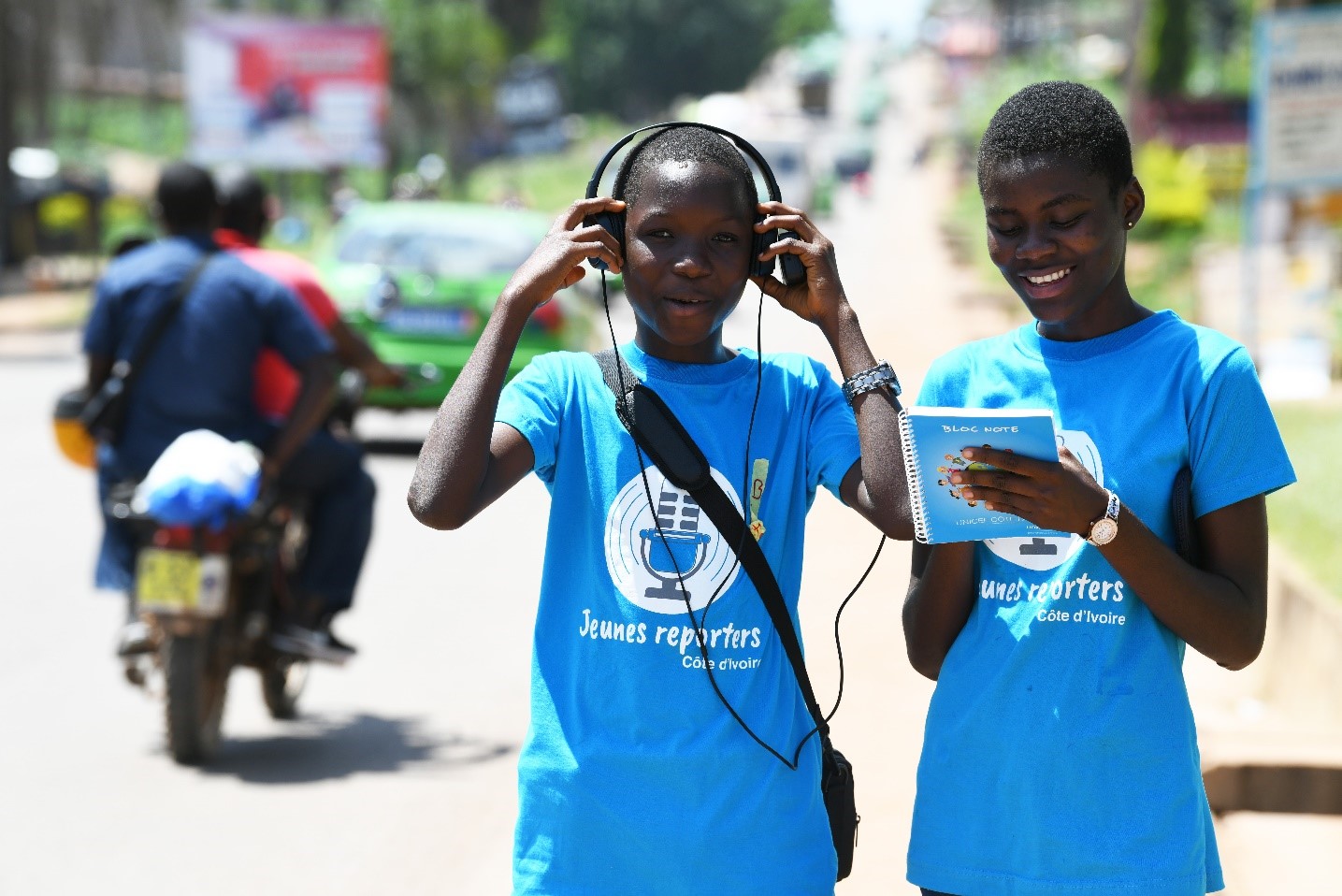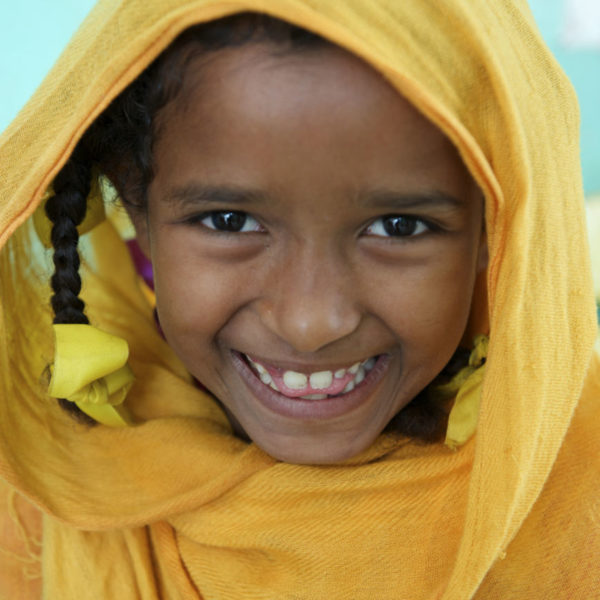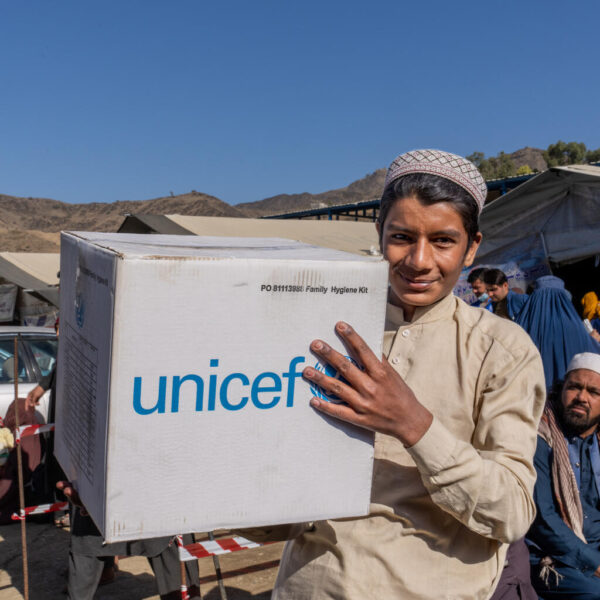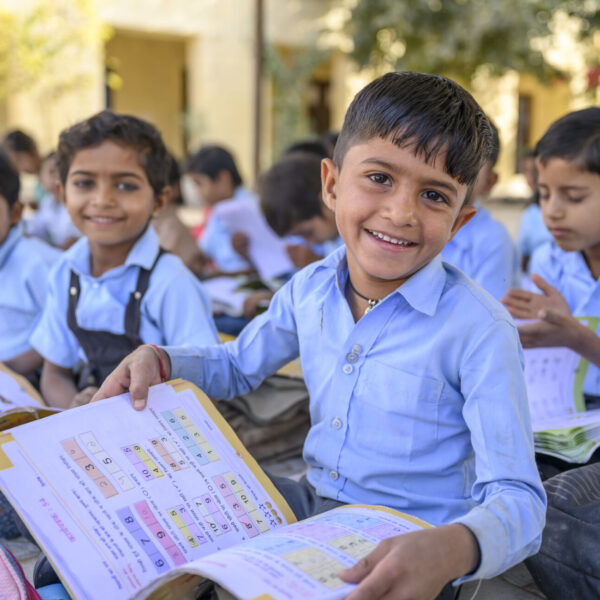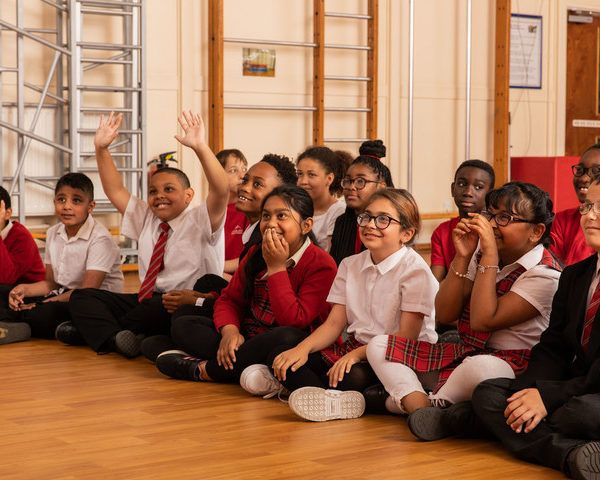Why we’re working together
UNICEF and the AstraZeneca Young Health Programme are partnering to raise awareness of the risks and effects of non- communicable diseases (NCDs) such as cardiovascular disease, preventable cancers and mental health conditions, among young people and key decision-makers. Today, countries are struggling to address the growing burden of non-communicable diseases (NCDs) – the number one cause of death worldwide. The World Health Organisation (WHO) has found that 70% of premature deaths from NCDs can be linked back to behaviours that first appear in adolescents. Similarly, the World Economic Forum has predicted that NCDs will cost developing economies more than $47 trillion in lost productivity and wages over the next 10 years .
“We believe in the power of young people to change the trajectory of the staggering burden of disease we face today, all over the world. Improving the health outcomes of future generations is a critical part of developing strong and stable healthcare systems, which in turn support sustainable markets and the economic prosperity of nations.” Pascal Soriot, Chief Executive Officer, AstraZeneca.
What we’re doing
Working together, this partnership aims to galvanise a global advocacy movement to reach more than 5 million young people, train 1,000 youth advocates, and influence a minimum of 12 policies or laws around the world over the next six years. Our aim is to catalyse a global advocacy movement led by, and for, young people aged 10-24, to ensure that preventing NCDs is a government priority around the world, and to enable young people to live healthy lifestyles.
As part of our partnership, we are working in the following accelerator countries: Angola, Belize, Brazil, Indonesia, Jamaica, Papua New Guinea and South Africa.
What we’ve achieved
Here are some results of what we have achieved at Country level
In Belize, UNICEF, the government, and young people have revised the National Adolescent Health Strategy, the National Youth Development Policy and the National Strategy for Sustainable and Child-Friendly Municipalities.
In Brazil, the UNICEF Municipal Seal of Approval is an initiative to encourage municipalities in the particularly vulnerable semi-arid and Amazon regions to implement public policies that will reduce inequalities experienced by many adolescents.
What we have achieved at the Global level during 2021
Awareness – 11.68 million young people have engaged with the new learning series modules through social media
Empowerment – So far, 471 young advocates have received training. And the members of the Year One cohort of Young Leaders are now acting as youth consultants for UNICEF office.
Action – A total of 32,967 page views were recorded on the Adolescent Health Data Dashboards
The Young Health Programme
The partnership follows the announcement that AstraZeneca will continue to fund its Young Health Programme from 2021-2025 with an overall commitment of $35 million (£28m).
Since its launch in 2010, the Young Health Programme (YHP) has reached over 40 million young people with information about non-communicable disease (NCD) risk behaviours. Working in partnership with over 30 not-for-profit organisations around the world, the YHP has trained over 190,000 young people in the delivery of interventions and over 74,000 frontline health workers in adolescent health. The YHP is currently running in 35 countries globally.
The health and futures of young people must not be compromised by unhealthy lifestyles and behaviours. I am happy that UNICEF is joining a coalition of committed partners with the support of AstraZeneca to bring attention to NCDs which are now the world’s biggest killers.”


